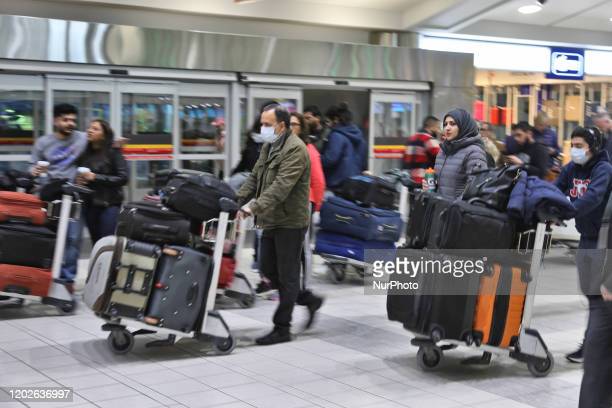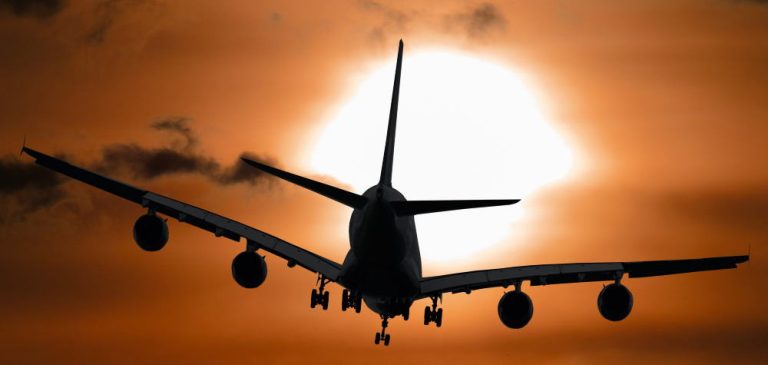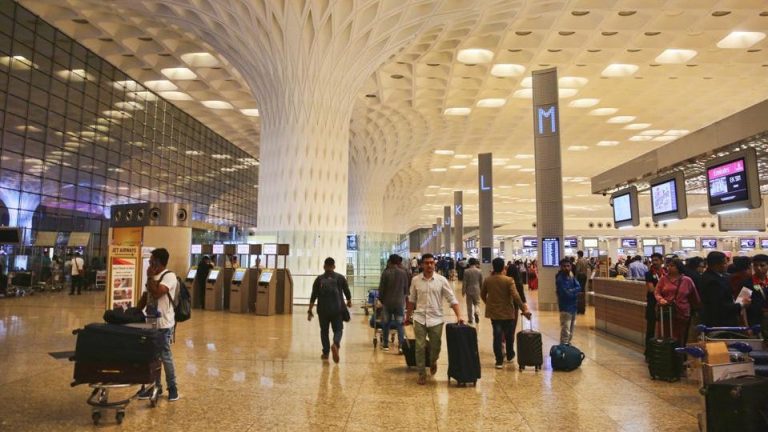Navigating US Visa Options for Children and Business Needs
Navigating the US visa system can feel like trying to decode a secret language, especially when you’re dealing with different needs like children’s visas or business visas. Whether you’re a parent looking to secure a US visa for your child or a business professional aiming for a US business visa, understanding the requirements and processes is crucial. This guide will break down everything you need to know about US visas for children and the requirements for business visas, ensuring you’re well-prepared for your journey. US VISA FOR CHILDREN
Understanding US Visas
Overview of US Visa Types
The US offers a variety of visa options, each tailored to different purposes, from tourism to business to education. Knowing which visa suits your needs is the first step in the process. Here’s a quick overview:
- Non-immigrant Visas: For temporary stays such as tourism, business, or study.
- Immigrant Visas: For those seeking to live permanently in the US.
- Special Category Visas: For specific needs like diplomatic missions or religious purposes.
Importance of Proper Visa Selection
Selecting the correct visa type is crucial. Choosing the wrong one can lead to delays or even denial of your application. Always ensure you understand the purpose of your trip and select the visa that aligns with that purpose. US Business Visa Requirements
US Visa for Children
Types of US Visas for Children
When it comes to children, there are several visa options depending on the purpose of their visit:
- Tourist Visa (B-2): Ideal for family vacations or short visits.
- Student Visa (F-1): For children attending US schools.
- Exchange Visitor Visa (J-1): For participation in exchange programs or cultural activities.
Tourist Visa (B-2)
The B-2 visa is for leisure travel. If your child is visiting the US for tourism, this is the visa you’ll likely need. It allows for stays up to six months, though extensions might be possible under certain conditions.
Student Visa (F-1)
The F-1 visa is for children who will be studying at a US educational institution. This visa requires proof of acceptance from a SEVP-certified school and evidence of sufficient financial support.
Exchange Visitor Visa (J-1)
For children participating in exchange programs, the J-1 visa is appropriate. It’s designed to promote cultural exchange and usually involves a specific program or sponsorship.
Application Process for Children’s Visas
Documentation Requirements
Each visa type has specific documentation requirements. Generally, you’ll need:
- A valid passport
- Completed visa application form (DS-160)
- Visa application fee receipt
- Supporting documents such as an invitation letter, proof of financial support, and medical records
Interview Tips
Preparing for the visa interview is essential. Ensure your child can clearly explain their purpose of travel and provide all required documents. Practicing common interview questions can help ease their nerves.
Common Challenges and Solutions
Applying for a visa can come with challenges like documentation errors or delays. Ensure all documents are accurate and complete before submission. If a visa is denied, understand the reasons and address them in a new application.
US Business Visa Requirements
Overview of Business Visas
For business professionals, the US offers several visa options depending on the nature of their visit:
- Business Visitor Visa (B-1): For short-term business activities such as meetings or conferences.
- L-1 Intracompany Transferee Visa: For employees of international companies being transferred to a US office.
- H-1B Specialty Occupation Visa: For individuals in specialty occupations requiring a higher degree of skill.
Business Visitor Visa (B-1)
The B-1 visa allows for short-term business activities. It is typically used for attending meetings, conferences, or negotiations. It does not permit actual employment or receiving a salary from a US source.
L-1 Intracompany Transferee Visa
The L-1 visa is designed for employees being transferred to a US branch of their company. It is ideal for managers or executives (L-1A) and employees with specialized knowledge (L-1B).
H-1B Specialty Occupation Visa
The H-1B visa is for professionals in specialty occupations that require a bachelor’s degree or equivalent. This visa is employer-specific and requires sponsorship from a US employer.
Steps to Obtain a US Business Visa
Application Process
The application process generally involves:
- Completing the visa application form (DS-160)
- Paying the visa application fee
- Scheduling an interview appointment
- Attending the interview and providing required documents
Required Documentation
Common documents include:
- A valid passport
- A visa application confirmation page
- A recent photograph
- Documents proving the purpose of the trip, financial stability, and ties to the home country
Common Pitfalls and How to Avoid Them
Common issues include incomplete applications, insufficient documentation, or failure to demonstrate ties to the home country. To avoid these pitfalls, ensure your application is complete, provide all necessary documents, and clearly articulate the purpose of your visit.
Conclusion
Navigating the US visa system, whether for a child or for business purposes, requires careful preparation and understanding of the specific requirements. By knowing which visa to apply for and preparing thoroughly, you can streamline the process and increase your chances of a successful application.
FAQs
What are the main differences between the US business and tourist visas?
The main difference lies in the purpose of the visit. The B-1 business visa is for short-term business activities, while the B-2 tourist visa is for leisure and tourism.
How can I prepare my child for a US visa interview?
Ensure your child understands the purpose of their trip and can clearly explain it. Practice common interview questions and make sure all required documents are ready.
What documents are required for a US business visa application?
Required documents typically include a valid passport, visa application form, application fee receipt, and supporting documents related to the purpose of the visit, such as invitation letters or business credentials.
Can a US business visa be extended?
In some cases, a US business visa can be extended. The extension process involves applying for an extension before the current visa expires and providing justification for the extension.
What should I do if my US visa application is denied?
If your visa application is denied, review the denial reasons provided, address any issues, and reapply. Consulting an immigration attorney might also be helpful in understanding and addressing the denial reasons.





